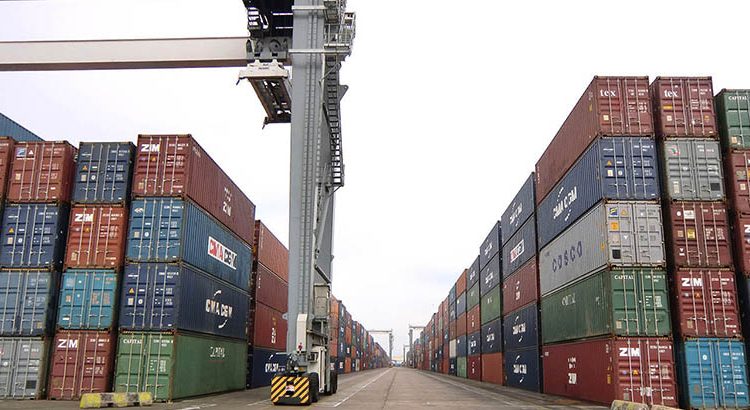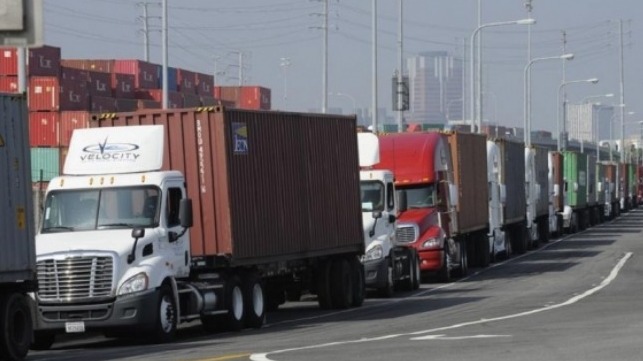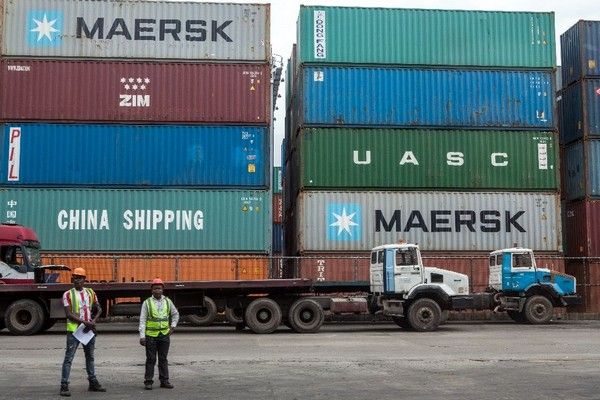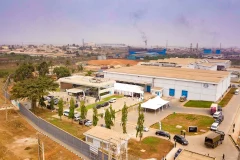The lockdown in Nigeria is causing confusion for logistics businesses in the country.
As the country’s confirmed coronavirus cases escalated, the federal government announced a 14-day lockdown of three cities with the highest cases: Lagos, Abuja and Ogun State. During this period, movement has been restricted; shops, worship centres and businesses will remain closed. Domestic flights have been stopped including private planes. The military is out on the streets enforcing the lockdown and protecting food relief centres against looters.
But there’s a confusion.
In other countries, businesses identified as “essential services” are exempted from lockdowns and their workers are free to operate. Ahead of the lockdown, essential services companies apply for a certificate that allows them to stay in business.
In the Nigerian case, the lockdown was announced on Sunday, March 29, and went into effect by 11 pm the following Monday.
Without prior information, the government identified certain businesses as essential and granted them exemptions.
These include healthcare-related businesses, food businesses, petrol distributors, seaport businesses, power and private security companies.

Logistics operators are confused. There was no clear exemption for them. According to the president, trucks can leave the ports “to other parts of the country”. Trucks bringing in food and “other essential humanitarian items” into the lockdown states are also free to move.
But what about logistics operators within these states?
The lack of clarity is causing a lot of confusion for logistics companies and there is a high risk that their drivers will be harassed by law enforcement officials in the lockdown states.
At least one incident confirms this fear.
On April 1, the Lagos State Environmental Protection Agency (LASEPA) sealed off the main warehouse of Jumia, Nigeria’s biggest ecommerce company.
The warehouse was later reopened by 11 pm after the agency realised that Jumia is an “essential supplier” under a new regulation passed by the Lagos state governor. The Infectious Disease Regulation was signed into law on March 27.
This is not the first time enforcement officials have had a hard time understanding the law. In February, the Lagos government banned the use of motorcycles for passenger transportation in 6 local governments. Motorcycles used for delivery services were exempted. But enforcement officials misunderstood the exemption for days, harassing and arresting dispatch riders.
While Jumia’s logistics operations are now covered by the Lagos exemption, other logistics companies are still in limbo.
Kobo360, a logistics platform with 23,000 trucks in five African countries, is one of them.

Since the Presidential lockdown was announced, over 3,000 truck drivers on the Kobo360 platform have stopped working. “They have wrongly assumed that the trucks and the cargo they are carrying, will be impounded by law enforcement during this lockdown,” Kobo360 told TechCabal.
This fear is not baseless. Oil distributors, who ought to be exempted, face the same risk from confused enforcement officials. On March 31, the Nigerian National Petroleum Company (NNPC) “appealed” for free movement for its drivers.
With the undeveloped nature of logistics in Nigeria, almost all food items are transported via trucks. Lack of clarity over the exemption status of logistics companies could cause serious disruptions to supply chains.
The volume of goods transported across Nigeria has dropped 32% and a number of cargo vessels have delayed their arrival by up to 40 days. The abrupt federal lockdown in the country triggered panic buying, sending food prices up.
Kobo360 predicts that supermarkets and major stores could run out of food items, medical supplies and other key items within 7 days.
“This is a critical time for food security and trade,” the company said in a statement. “We cannot afford to stop all trade or drastically disrupt and up-end the supply chain.”
Logistics businesses across Africa are also struggling
But this problem is not unique to Nigeria. Until March 26, Kenya blocked hundreds of commercial vehicles bringing perishable items from Uganda. In Ghana, panic buying has forced prices of basic food items up as much as 33%.
At the continental level, logistics businesses have seen a significant decline.
The industry in the emerging markets valued at $300 billion has now lost $7.5 billion since February, said Kagure Wamunyu, Chief Strategy Officer at Kobo360.
She said across Africa, transportation of goods has dropped by 30%. FMCG goods have declined 25% and pharmaceutical products have dropped 40%.
In Kenya, 40% of imports come from China. With the pandemic, shipments have dropped 40%. At the port of Mombasa, 47 ships cancelled their arrival and a number of ships are showing up empty as supplies from China dry up.
Agricultural products have seen the most decline by 50%. As more countries impose lockdowns, the Food and Agriculture Organisation (FAO) warns that there is a looming food security crisis.
“We are faced with a looming food crisis unless measures are taken fast to protect the most vulnerable, keep global food supply chains alive and mitigate the pandemic’s impacts across the food systems,” the FAO said.
But it’s not all gloom, Kagure said. In Uganda, goods export has jumped 100%. And in Nigeria, companies like TradeDepot are “swamped at the moment” delivering essential items and fulfilling orders for the state government.
A number of logistics companies including Jumia and Kobo360 are also implementing safety measures to protect their drivers and allow them to complete orders safely.
Nevertheless, “the pandemic will push the sector to its limits,” Kagure told TechCabal, “however we believe that in the end, we will succeed.”





















